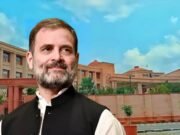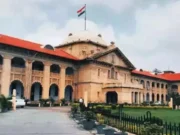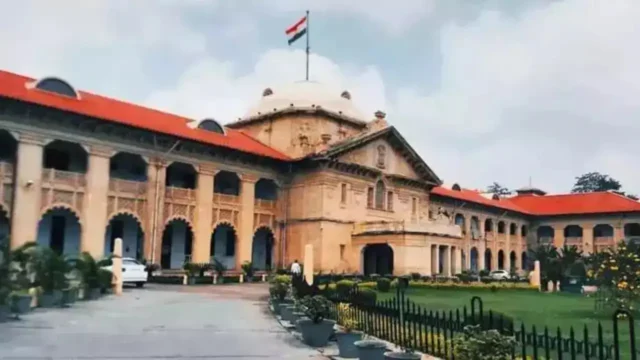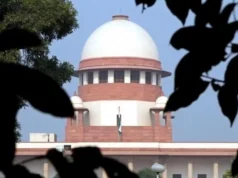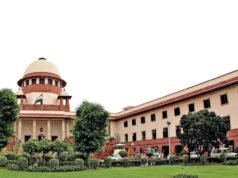Prayagraj, May 15, 2025- The Allahabad High Court has held that bigamy charges cannot be sustained against a Muslim man if multiple marriages are solemnized in accordance with Muslim personal law (Mohammedan Law), where conditional polygamy is permitted. However, the Court strongly cautioned against misuse of this provision, emphasizing that such religious allowances must not be exploited for selfish purposes.
The ruling came in the case titled Furkan & Ors. v. State of U.P. & Anr., wherein the petitioner sought quashing of criminal charges including bigamy and rape, filed by a woman who claimed he had concealed his existing marriage at the time of marrying her.
Key Observations by the Court
Justice Arun Kumar Singh Deshwal, while delivering the interim order, stated:
“The Quran allows polygamy for a fair reason, but the men use that provision today for a selfish purpose. Polygamy finds mention in the Quran only once, and it is about conditional polygamy rooted in historical necessity.”
The Court traced the origins of polygamy in Islamic tradition, observing that it was allowed in specific historical contexts, such as post-war situations in early Islamic society where women were widowed and children orphaned, necessitating protective familial structures.
No Bigamy if Marriage Under Muslim Law
The Court ruled that bigamy under criminal law does not apply to valid marriages solemnized under Muslim personal law, as long as the person follows the Islamic conditions for polygamy.
However, the Court distinguished this from scenarios where individuals convert to Islam solely to circumvent monogamous obligations under civil or other personal laws. In such cases, the Court clarified that the offence of bigamy would apply.
“If a man, after contracting marriage under the Special Marriage Act, Hindu Marriage Act, or any other monogamy-enforcing personal law, converts to Islam and then marries again under Muslim law, bigamy provisions would squarely apply,” the Court held.
Article 25 and Religious Freedom: Not Absolute
Justice Deshwal reiterated that religious liberty under Article 25 of the Constitution of India is not absolute, as it is subject to public order, morality, health, and other fundamental rights. The Court emphasized that external manifestations of religion, such as polygamous marriages, must comply with constitutional boundaries.
“Religious freedom includes the right to practice and propagate one’s faith, but this right is regulated by other provisions of the Constitution and cannot be exercised in a manner contrary to public interest,” the Court said.
Call for Uniform Civil Code (UCC)
Echoing the sentiments expressed in precedents such as Sarla Mudgal, Lily Thomas, and Jafar Abbas Rasoolmohammad Merchant, the Court urged the legislature to seriously consider implementing a Uniform Civil Code (UCC) under Article 44 of the Constitution.
“Islam permits more than one marriage only under certain circumstances and with strict conditions. However, this provision is often misused even against the mandate of Muslim law. The suggestion for a Uniform Civil Code deserves legislative attention,” the Court added.
Interim Relief and Directions
While the Court declined to close the case at this stage, it held that bigamy and rape charges were not applicable on the face of the current facts, given that the second marriage appeared valid under Mohammedan law.
The Court:
- Issued notice to the complainant,
- Stayed coercive action against the petitioner until further orders, and
- Recognized the jurisdiction of Family Courts under Section 7 of the Family Courts Act to examine the validity of marriages under Muslim law.

